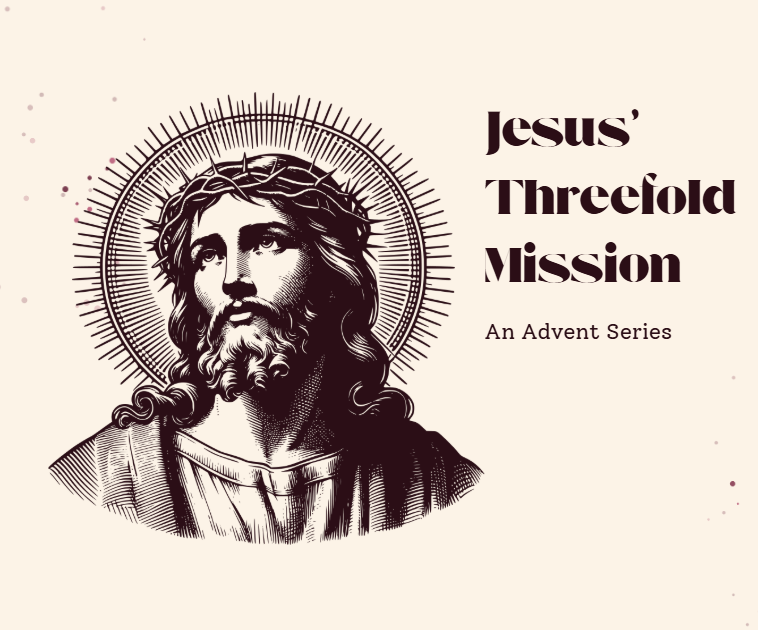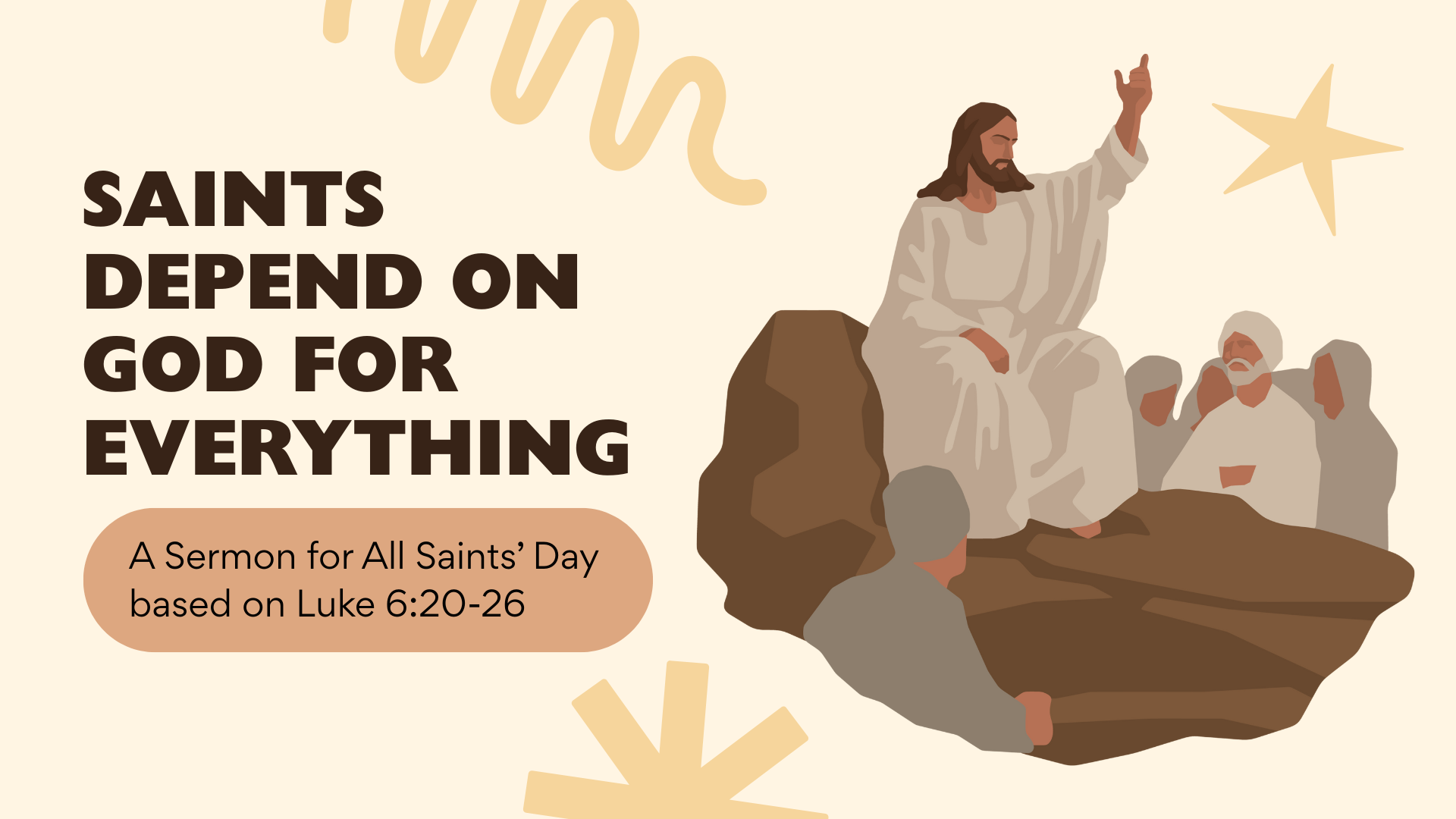"Do This" (A Discussion of Communion / The Lord's Supper)

Two women are out to dinner. These lifelong friends are celebrating the fact that one of them just turned 60. The birthday girl places a small, neatly-decorated box on the table. She pushes it across the table toward her friend. The other woman’s mind is abuzz with questions. “Aren’t I supposed to get you something?” “Why are you giving me this?” “What is it?” “Isn’t this a bit unnecessary?” “What is the meaning of this?” The questions in the brain aren’t able to exit the mouth. She is simply speechless. Her friend says, “Open it.” As the questions finally tumble forth, the birthday girl isn’t interested in answering them. She simply says, “Just open it.”
By giving us Communion, Jesus slides the gift across the table. During a meal that commemorated God’s salvation and redemption (Exodus 12:1-28), Jesus gave us a new gift in quite the same vein (Mark 14:13-16, John 1:29).
Jesus, the true Passover Lamb (John 1:29, Revelation 5:6), was celebrating the meal that pre-figured the redemption he would soon accomplish, when he took bread and said, “this is my body,” and took wine, saying “this is my blood” (Matthew 26:26-27, Mark 14:22-24, Luke 22:19-20). At this, the disciples’ heads are all abuzz with questions, like: “What did he just say? What does this mean? This isn’t part of the ‘Passover script,’ is it?”
Jesus has just slid the gift across the table. We, along with the disciples, are wondering, “What in the world is going on?” What is this thing, or these things, Christ has just placed before us?
One way in which many have made sense out of this gift is to assume that when Jesus said this, he was is establishing a symbolic memorial meal; to establish a recurring tradition to meditate on the significance of Jesus’ flesh-and-blood death. As satisfying as this may seem, it assumes that Jesus is speaking in metaphor when he called bread and wine his body and blood. Don’t get us wrong, Jesus is not a stranger to figurative language, but he usually gives us good reason to take his language figuratively, couching his language in context that says, “I’m talking in metaphors now.” Here, however, he doesn’t do that. He just says, “it is.” So, what is it?
Fast forward with us a few decades. Jesus died on the cross (John 19:30), rose from the grave, appeared to the disciples in his resurrected body (John 20:16-31), gave them the commission to go and preach about what they had seen (Matthew 28:19-20), and bam! The Christian church is off and running. Christians did not forget about this meal, this gift, Jesus had bestowed upon his church. They kept breaking bread and passing around wine, calling it Jesus’ body and blood, taking great care over the very Word spoken over these things (1 Corinthians 11:23-26). Some 20-30 years after that Last Supper with the disciples, the Apostle Paul gives instruction to the Christians in Corinth about how to keep on celebrating the meal Jesus gave us.
Paul teaches that the meal (what we call “Communion”) is not only a remembrance of Jesus’ sacrifice, but a proclamation of it (1 Corinthians 11;26). There is a right way and a wrong way to celebrate it (1 Corinthians 11:27-29). And as such, it isn’t right to force the unprepared to partake of it (1 Corinthians 11:28), or those who don’t understand its meaning (1 Corinthians 11:29), or those who don’t have “communion” with the church family with whom they partake of it (1 Corinthians 10:16-17). Taking all these things together with Jesus’ own words at the Last Supper, it’s clear that the Christians that gathered to celebrate this meal never thought of the bread and wine as anything less than the actual body and blood of Christ.
Is your head abuzz with questions? Probably, just one: “How? How can bread and wine be Christ’s body and blood?” But the gift is in front of us. If we get stuck on the “How?” we may miss the “Why?” which Jesus gave us right away. If you read the passages from the Gospels, you caught it. Jesus gave us Communion “for the forgiveness of sins” (Matthew 26:28). Through Communion, Jesus gives you the gift of a tangible expression of forgiveness. God is so good that he doesn’t just express his love for you with words, but with actions (which we call “sacraments”). He gives you a way to taste and see that the Lord is good (Psalm 34:8). We call it “Communion” first and foremost because the relationship of communion with God is strengthened through it.
The second reason it’s called “Communion” is the next big blessing behind the sacrament. It is given to strengthen our bond with the family of believers (1 Corinthians 10:16-17). That’s why the imagery seen in many churches is so powerful - a semi-circle of communicants gathered as if at a table together as repentant sinners seeking God’s goodness in what he promises to give. Taking this fact together with Scripture’s warnings against taking Communion without proper preparation (see passages from 1 Corinthians 11 above), celebrating Communion is to be done only with fellow Christians who have made their unity public by becoming members of the same church or church body.
Q: Isn’t it unloving to withhold Communion from someone who wants it?
A: It may seem that way at first, but given that Jesus gave us this gift, we want to use it the way he says to. If the birthday girl in the example above gave her friend a thin silver necklace, she wouldn’t be happy to see her friend use it to try to floss her teeth. At the same time, if someone desires to take Communion with us, we are so glad for that! And we will want to begin establishing unity as soon as possible. There is no other way to do this than to examine Scripture’s teachings together through meetings that we call “Bible Basics.”
Q: You haven’t explained how bread and wine can be Jesus’ body and blood, though!
A: You’re absolutely right! The “how can this be?” aspect of Communion is not spelled out for us. We simply trust that this is what we receive in, with, and under the bread and the wine. Without the real presence of Jesus’ body and blood, this sacrament would not carry with it the promise to forgive our sins. Since the Almighty God who can do all things declares to me that this is what I receive in Communion, I’m going to take what he says for granted even when it contradicts my reason.
Q: How do we know that what we’re receiving Communion the right way?
A: Scripture urges that we celebrate with those with whom we’re in fellowship with (1 Corinthians 10:16-17), that we examine our own hearts with honest repentance before approaching (1 Corinthians 11:28), and that we recognize what we’re receiving (1 Corinthians 11:29). Lets say you’re a member of our church, waiting in the pew to be invited up by the ushers for Communion, and you want to make sure you’re well prepared. Simply ask yourself, “Do I know that I’m a sinner in need of forgiveness?” if the answer is “yes,” then follow up by asking, “Do I believe that in Communion I receive forgiveness?” If the answer is “yes,” then you’re ready! Also, remember how Baptism is effective because the Word is there (“in the name of the Father, Son, and Holy Spirit”). You know that you are receiving Christ’s true body and true blood in, with, and under the bread and wine when the Word is present, commonly called “the Words of Institution” (when Jesus said, “take and eat,” “take and drink”). The Word of God is what makes Communion powerful to forgive sins, not the person giving it nor the people receiving it.
Q: Aren’t you teaching that there is another way to be saved and forgiven other than Jesus’ death on the cross?
A: Refer back to our discussion of Baptism (the devotion called, “Prove It!”). It is always and only faith in the gospel that saves. This faith is created and strengthened by reading and interacting with Scripture, through Baptism, and as we discussed today, through Communion. These are not three ways to be saved, but three means that God uses to connect us to his gracious salvation!
There are likely many more questions about this wonderful gift Jesus has given us, and we would love to continue the conversation with you. We hope you join us for Bible class any Sunday at 9am and worship at 10:15am. For now, come back with us to our example of a birthday dinner. Jesus has slid the gift across the table. Our head is abuzz with questions, “What is this? How can this be?” but the most important question has been answered: “What is it for?” Jesus says, “This is for you. This is for your forgiveness of sins.” Before we ask another question, simply hear his voice. Like the birthday girl finally cut off her friend with, “Just open it.” Jesus cuts off our doubts and our apprehension to receive such a tangible expression of his love with simply and lovingly saying, “Do this.”
Pastor Mike Cherney







